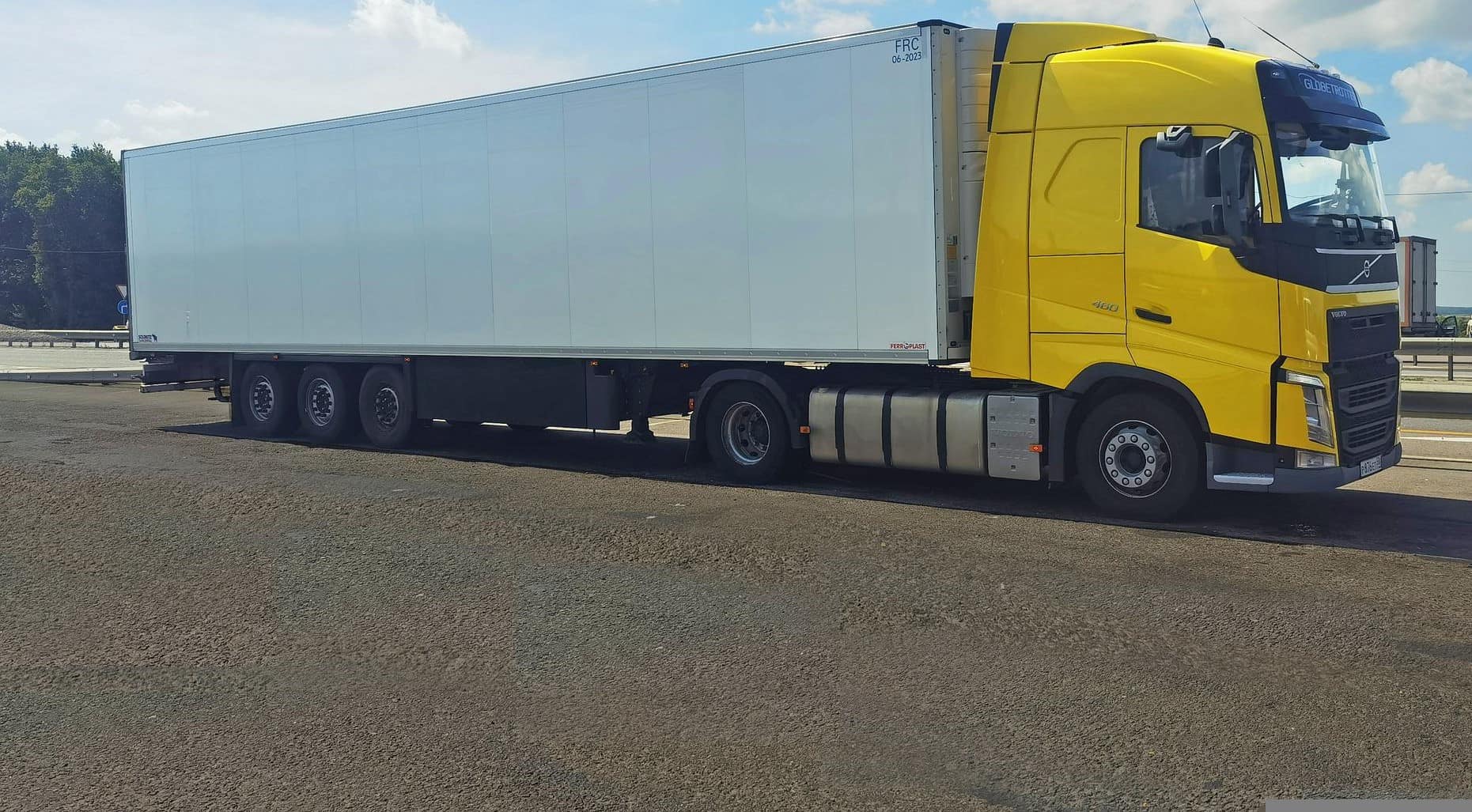Effective freight management involves the timely delivery of goods. Optimizing how you manage your freight can lead to significant savings and improve you bottom line.
Some freight management techniques are also green and energy-efficient, which can improve a company’s public perception. When it comes to supply chain delays, better management can make a difference in terms of customer satisfaction and business success.
How Does Freight Management Work?
Freight management is simply the process and delivery of goods from their starting point to the end customer. However, doing this successfully involves efficiently and strategically moving freight through a designated network.
This can involve different modes of transportation and intermediations. Carrier selection, route optimization, documentation, and shipment tracking all come into play at some point throughout the freight process.
Here are some factors to keep in mind when optimizing the management of your freight.
Route Optimization
Route optimization is perhaps the most important factor in effective freight management. Carriers can combine loads to increase efficiency.
However, the main factor of route optimization is determining the fastest and most cost-effective route for each shipment. This can vary by way of the mode of transportation and the specific shipping needs.
Carrier Selection
If your company works with a third-party carrier, then carrier selection ensures efficient and cost-effective deliveries. Make sure you are paying reasonable or competitive freight rates for a reliable service that promises to meet your company’s delivery requirements.
Shipment Tracking
Shipment tracking has become the industry standard. Gaining visibility of the movement of shipments is important for the end customer as well as for the sake of shipping management. Real-time location and information can also be used to locate inefficiencies and improve delivery times overall.
Documentation and Regulation Management
Shipping can require extensive documentation. Efficient shipping involves compiling relevant information for government compliance to meet regulatory requirements and increase overall efficiency.
Data Collection and Analytics
Data is a powerful tool that can improve organizational efficiency. Companies can also leverage data regarding the delivery process, route optimization, idle times, routes, and various other details to further increase efficiency as well. Data and analytics and provide actionable insight for freight optimization.
6 Tips To Optimize Freight Management
With those basic factors in mind, here are six tips to follow when you want to optimize freight management and stand out in the logistics space.
Create a Plan
A plan for managing freight includes locating points of inefficiency or weakness. Setting clear expectations, goals, and efficiency targets are good first steps. Companies should also look into areas where they can reduce downtime and breakdowns.
Implement Better Warehouse Management
Everything begins in the warehouse. For that reason, warehouse management efficiency should be a top priority. Freight managers need to know when items are moving in and out, where they are, what inventory looks like, and where bottlenecks are appearing. Better warehouse management leads to greater overall efficiency.
Operate Full Truckloads
Load planning allows carriers to transport more cargo per load. Fill up trucks whenever possible and utilize empty space for effective freight management. In theory, even utilizing 10% of your unused space can lead to a bottom line that is up to 10% higher.
Improve Packaging
Improving packaging can also increase efficiency. Companies can consider reducing packaging or lumping shipments together to decrease the total packaging volume. Green initiatives are excellent for public perception and waste reduction.
As such, partnering with solar companies, using recycled packaging, and focusing on package waste reduction can elevate a company’s reputation. Furthermore, companies can feel good about helping the environment.
Pay Attention to Metrics and Analytics
Metrics and analytics allow companies to assess performance and evaluate the effectiveness of new freight management systems. Without metrics, you won’t know if you are improving in terms of data or analytics.
Analytic-related solutions for your freight management can help you view your current performance levels while also projecting future performance levels. Metrics can help you set better goals, too. Together, metrics and analytics can both provide critical data to drive improvement and growth.
Why Effective Freight Management Is Important
Efficiency extends beyond the bottom line to every area of business, from customer service to flexible response times. Here are a few reasons you’ll want to consider improving freight management.
Flexibility
Efficient management of freight gives companies greater flexibility so that they can pivot and adapt to changing market conditions, client demands, and shipping situations. Plus, it can help to reduce lag time and improve response time all at once, both of which will result in improved efficiency levels.
Better Technology
Better technology leads to overall increased efficiency. Utilizing the latest technological fleet monitoring and freight management systems can reduce expenses in the long run.
Distributed Resources
Distributed resources refers to efficient, just-on-time delivery of raw materials. Better freight management leads to timely delivery of goods to reduce waste, spoilage, or the deterioration of raw materials. In the grand scheme of businesses, this can mean significant savings and the loss of vital resources.
Improved Customer Service
Improved freight management leads to better customer-facing services. Customers expect professional, on-time deliveries. It also integrates tracking and delivery optimization to improve experiences for customers.
Reduced Costs
The number one reason to improve freight management is namely to reduce costs because improved efficiency can lead to significant savings. Companies can save anywhere from 10% to 50% of their total expenses just by optimizing freight management. Additionally, employees’ time, fuel costs, and the cost of delays can all be reduced with improved management techniques.
Effective Freight Management Can Benefit Your Business
Cost and time savings are two of the most valuable commodities in any business. Effective management can lead to savings, both in terms of time and money. Many efficiency techniques will also improve a company’s sustainability because a lot of these efforts incorporate green practices.
All of these behavioral changes can lead to improved public perception and new business opportunities for companies that focus on improving the way they manage freight. Freight management can drive companies to the triple bottom line, making life better for employees, the environment, and the company’s pockets. It is a win-win for everyone involved.
FAQ
It’s the logistical planning of freight delivery from the point of origin to the final destination.
Logistics management ensures business efficiency, resulting in cost-related savings, better customer service, and improved business management practices.
Logistics companies own their own fleets. Freight management solutions companies can facilitate deliveries. Both freight and logistics can manage the movement of goods along the supply chain or to the end customer.



